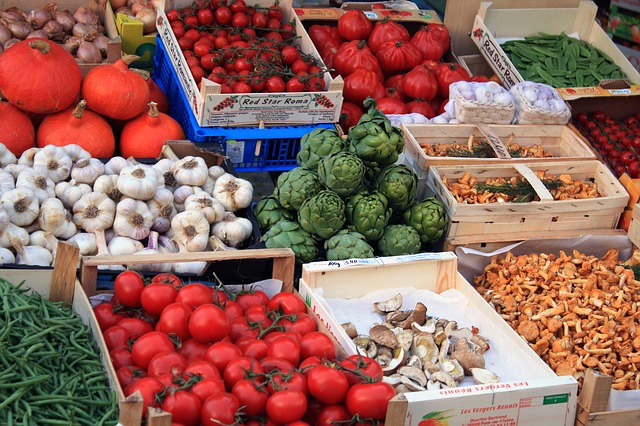UK ethical trading: Strengthening people and communities
In these times of economic hardship, it’s not surprising many people are doing everything in their power to get by via the tightest of margins.
With soaring energy bills, ever-rising fuel costs and the housing market becoming inflated, the cost of living crisis that has become the order of the day for the Labour Party is indeed much more real than simply existing as a piece of political schoolyard rhetoric.
But rather than entering ‘an all guns blazing’ argument about just how hard-pushed ordinary families are, a more productive use of time may well be to equip people with the information they need to live well for less.
Misconceptions
In terms of food purchasing, many people forgivably assume that sticking to the value range at the nearest Tesco or Asda is the key to eating affordably – but this couldn’t be further from the truth.
A far more fruitful approach involves carefully planning the meals you will make each day of the week and sourcing them according to the precepts of UK ethical trading (that is, practices that keep your pounds sterling in the community, instead of flowing into the coffers of faceless corporations).
Keep it local
One of the best ways to keep healthy and contribute to your community is a policy of sticking to locally produced foodstuffs.
The last year or so has made it pertinently clear how important it is to know exactly what is in the food you are eating. Although there is a list of ingredients and GDAs that must be included on mass-produced supermarket products, it is extremely difficult to know and understand all the artificial components that go into making such foods.
Sourcing all the food you buy from local independent businesses with a lesser chain of command makes for a much more transparent experience. There’s no endless stream of letters and phone calls to try to get through to the fat cats at the top. In reality, a five-minute chat with your local butcher, greengrocer or dairy farmer will no doubt provide a detailed insight into exactly where the food you eat has come from.
Supporting businesses
Unfortunately one of the definitive characteristics of the recession has been the closure of thousands of businesses all over the country and the saddest part is that it is normally the smallest ones with the best intentions that suffer most.
With this in mind, sourcing your food locally can help support a thriving and vibrant local economy, as well as the obvious advantage of helping create some tasty dishes.
Look after yourself!
Above all, UK produced foods have to travel less and therefore don’t need to be injected with the preservatives and additives that can keep the mass-produced goods fresh, but could have some far less pleasant consequences on a person’s health.
In many cases, small, family-run businesses are a lot less profit-focused than multinational supermarkets working to strict margin targets. This means that they are also less likely to lose sight of what should be every firm’s priority – the interests of the consumer. All in all, sticking to local and British produced food is really the only way to balance a healthy diet with manageable bills.



